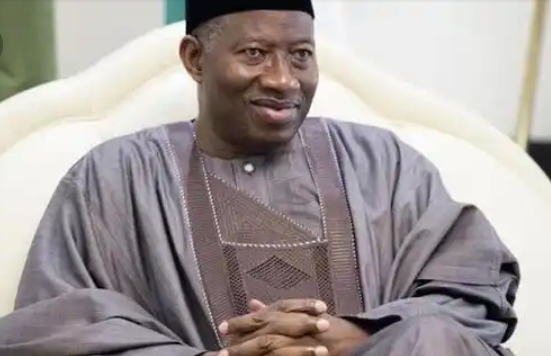Presidential spokesman, Garba Shehu says former President Goodluck Jonathan tried to influence the 2015 presidential election in his favour.
Jonathan was in 2015 defeated by President Muhammadu Buhari who contested under the platform of the All Progressives Congress.
In an article on Sunday, Shehu said, “It is easy to forget that the election of 2015 was the first time in the history of Nigeria that power peacefully changed hands at the ballot box. It was the first time any party or candidate not from the incumbent PDP had won a nationwide contest since the re-establishment of democracy.
“This came despite the then administration pulling every lever of its sixteen-year incumbency to bend the electoral system to its advantage.
“President Muhammadu Buhari’s re-election by a 15 per cent and a 4 million vote margin in 2019 was therefore equally decisive: it was the first time a non-PDP administration had even been returned to office to a consecutive term.
“The last two contests represent the levelling of the political playing-field between long-time incumbents and long-time opposition by sheer force of citizens’ determination for change. Nigerians voted so decisively for the President and the APC, and the margins so significant that the result could not be in doubt. However, this is not a reason to ignore the fact there have been inadequacies in electoral law – and therefore electoral practice.”
The presidential spokesperson added that the new electoral act will also prevent political appointees from using public funds for election campaigns.
“It addresses the unfortunate fact that some polling station results in the past have been declared under duress – now with the power to review any results announced under such circumstances enshrined in law, it makes the use of coercive behavior counterproductive,” he said.
“The act also addresses the misuse of appointed political office as a platform and source of resources from which to campaign for elected political office.
“In the coming days or weeks, the parliament and the executive should reach a common ground on the issue raised by the president at the point of signing the law, which is the requirement for appointed political office holders to first resign before being eligible to vote or stand for election in the primaries for elective offices.”
Shehu added that the act is an example of “perfect workings of a parliament and executive both driven by new energy to deliver change in a country where the people want to move in a different direction”.








